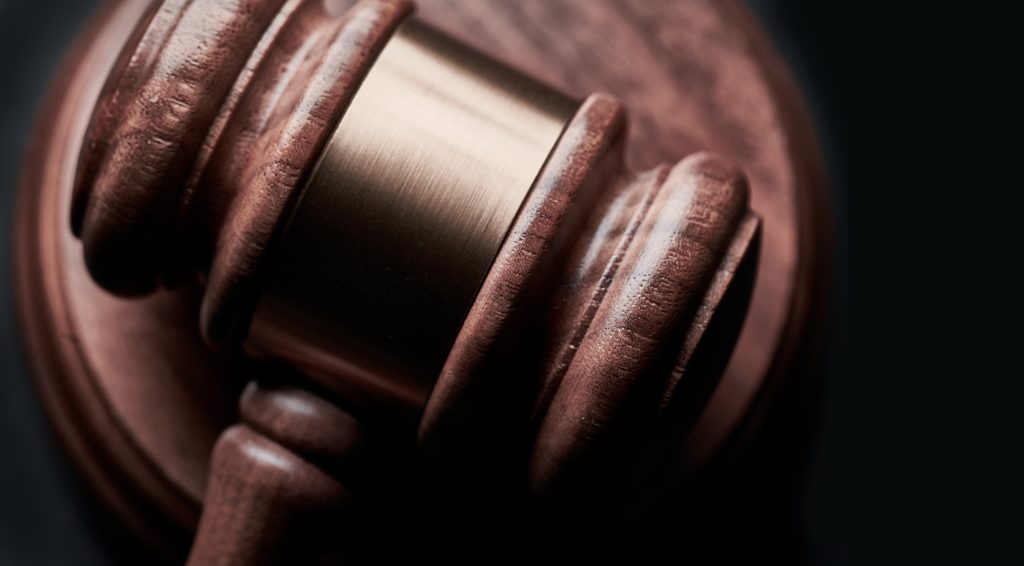A court considers several factors in determining whether to grant an expungement application. Once the application is filed, the prosecution can file objections explaining why they believe the application should not be granted. The judge, then, has the discretion to make a decision.
The judge does not automatically deny the expungement application if the prosecutor objects. Rather, the court should consider a list of factors, including reviewing the prosecutor’s objections, and make a determination.
In one recent case – State v. Glynn, 2016-Ohio-3230 – the prosecutor objected to the sealing of a violated TPO (temporary protective order) on the grounds that police wouldn’t be able to see if if it was sealed.
Because this was wrong as a matter of law, the appeals court sent the case back down to the trial court to reexamine the expungement application.
DEFENDANT PLEADS GUILTY TO VIOLATION A DOMESTIC PROTECTION ORDER; SEEKS EXPUNGEMENT
In 2004, Defendant kicked in his ex-wife’s front door and twisted her arm. Defendant plead no contest to the first degree misdemeanor of violating a domestic relations protective order. In 2015, Defendant moved to seal the record of his conviction. The prosecutor objected to Defendant’s motion claiming that sealing Defendant’s conviction would prevent another police department/prosecutor to view the conviction for purposes of enhancing future charges.
WHAT DOES THE COURT CONSIDER WHEN DECIDING WHETHER TO SEAL / EXPUNGE A CONVICTION?
Under R.C. 2953.32, an eligible offender may file an application to seal records of a criminal conviction. This statute also allows the prosecutor to object to the application. In order to decide whether to grant or deny an application, a court must:
(a) Determine whether the applicant is an eligible offender (see here for a list of ineligible convictions);
(b) Determine whether criminal proceedings are pending against the applicant;
(c) Determine whether the applicant has been rehabilitated to the satisfaction of the court;
(d) If the prosecutor has filed an objection, consider the reasons against granting the application specified by the prosecutor in the objection;
(e) Weigh the interests of the applicant in having the records pertaining to the applicant’s conviction against the legitimate needs, if any, of the government to maintain those records.
In this case, the element at issue was (d) pertaining to the prosecutor’s objection.
LAW ENFORCEMENT OFFICERS AND PROSECTORS CAN VIEW SEALED / EXPUNGED RECORDS
R.C. 2953.32 specifically allows a law-enforcement officer or prosecutor to inspect a sealed record to determine whether that sealed record could enhance a charge. See R.C. 2953.32(D)(1).
The court noted, then, that the prosecutor’s concern was incorrect as sealed records are still searchable to law enforcement when looking to enhance future charges.
The case, then, was remanded with instructions to reconsider her expungement application in the lower court.



